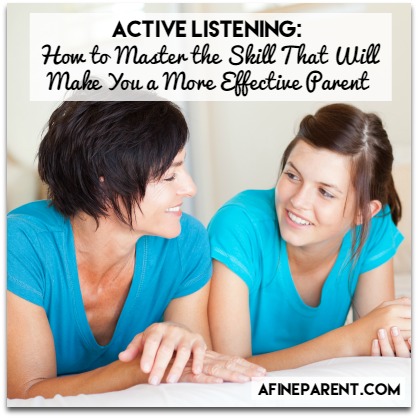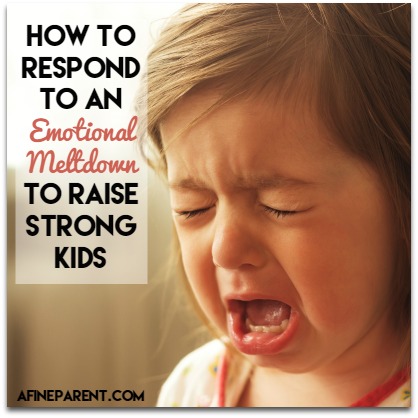 Let’s be honest: children sometimes suck at being patient.
Let’s be honest: children sometimes suck at being patient.
I know mine do.
Unfortunately, their lack of patience and self-control can become contagious to us adults, too. I admit that I’m prone to snapping, “Just wait a minute!” when my kids are screaming because I take too long to cut their grapes.
And before I know it, it becomes this vicious cycle—my children’s impatience makes me impatient, which in turn makes them more impatient, until it spirals out of control.
I know I can’t indulge them when they whine instead of waiting quietly – like all parents, I do believe in teaching kids about self-control and delayed gratification.
But, the way I sometimes go about it isn’t quite right.
Instead of expecting 2- and 3-year-olds to magically acquire self-control skills overnight (that would be cool though, wouldn’t it?), I need to model and teach these skills to them.
Marshmallow Test: The Famous Study in Self-Control and Delayed Gratification
Psychologists have studied why some kids seem to excel at demonstrating self-control and delaying gratification, while others struggle for long time now. Have you heard of the famous “marshmallow test” conducted by Walter Mischel and a team of researchers at Stanford University in the late 1960’s and early 1970’s?
One by one, 4-year-old children were presented with a marshmallow and informed that they could either eat a marshmallow now, or wait 15 minutes and receive two marshmallows. Some children gobbled the marshmallow immediately, while others managed to wait the full 15 minutes and receive the reward of a second marshmallow.
[Note from Sumitha: Here is a video of the marshmallow test in action. It’s not from the original study, but captures the kids reactions sooooo well.]
The researchers continued to follow up with the children for the next several decades. They found that the 4-year-olds who had successfully waited for 15 minutes differed in significant ways from the children who couldn’t wait. Over the years, the children who had “passed” the marshmallow test developed the following characteristics:
- better emotional coping skills
- higher rates of educational attainment
- higher SAT scores
- lower BMI
- lower divorce rates
- lower rates of addiction
So, is the lesson that some people are born with better self-control, and that this trait determines their entire life trajectory?
Far from it.

 How can I protect my child from life’s hurts?
How can I protect my child from life’s hurts? “YOU NEVER LISTEN TO ME!!!!”
“YOU NEVER LISTEN TO ME!!!!”  Aren’t you amazed at how seemingly random things can send our kids into a complete emotional meltdown?
Aren’t you amazed at how seemingly random things can send our kids into a complete emotional meltdown? Do you feel tongue tied when you meet parents with special needs kids? Are you worried that you might say or do the “wrong” things?
Do you feel tongue tied when you meet parents with special needs kids? Are you worried that you might say or do the “wrong” things?